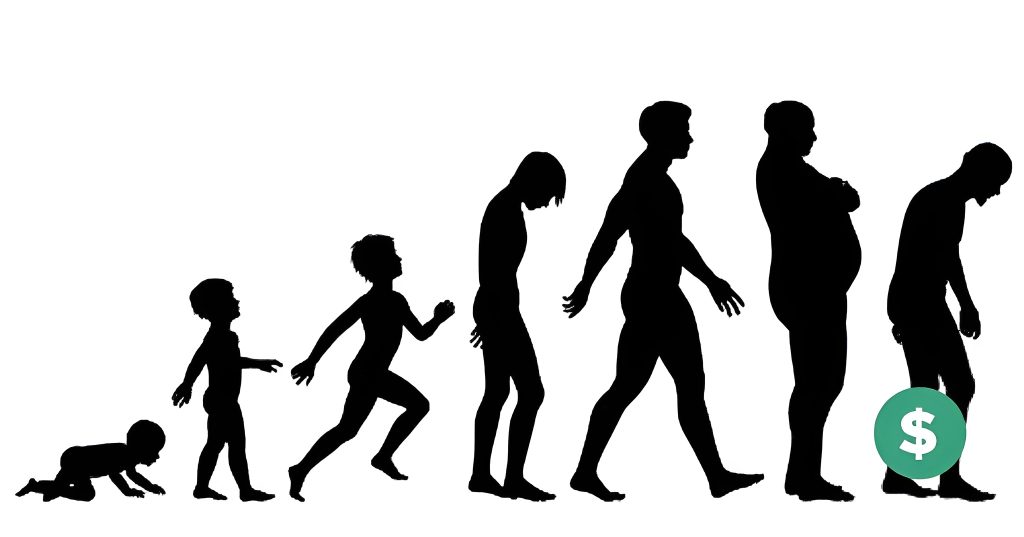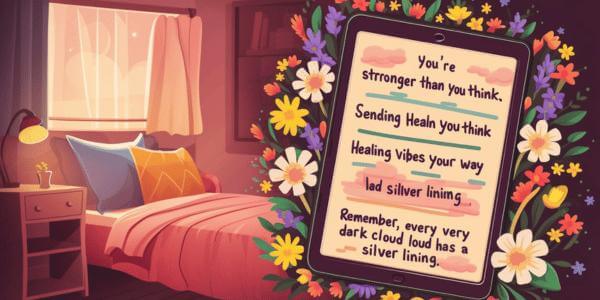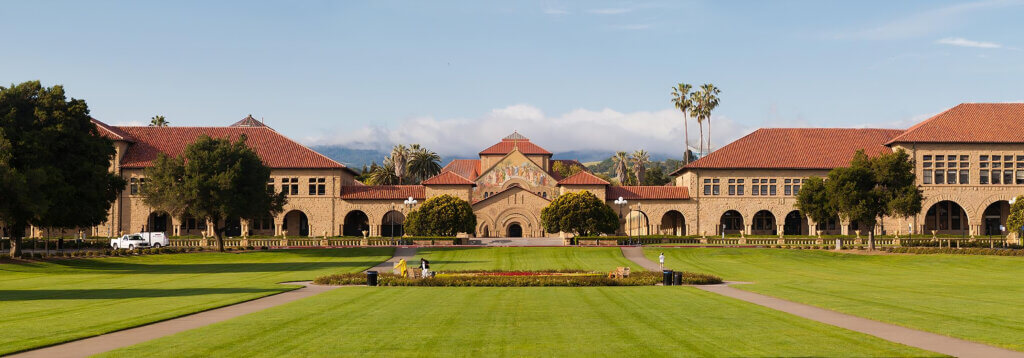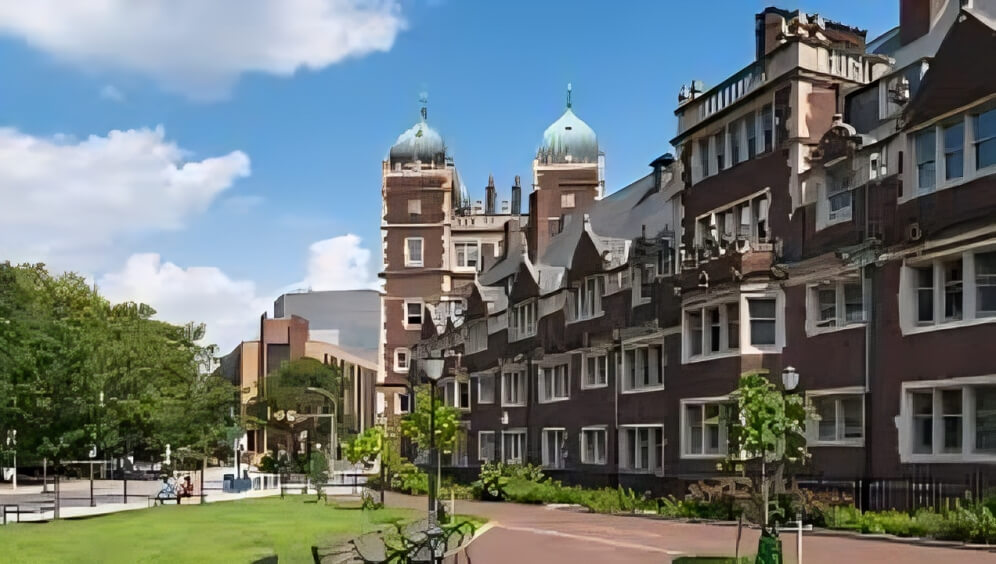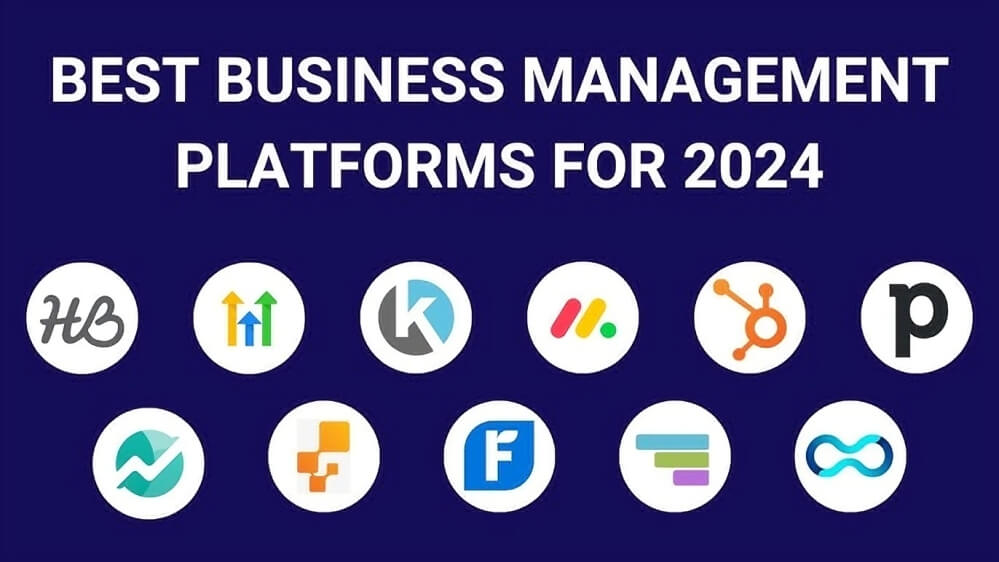Adolescence is a turbulent and transformative phase in human life. It’s when childhood ends and adulthood begins—where confusion, discovery, rebellion, and growth converge. Artists, filmmakers, and authors have long tried to capture this complex stage, often drawing from real-life experiences. One such effort is the 2019 indie drama Adolescence, a coming-of-age film that raised the question for many viewers: Is Adolescence based on a true story?
This article explores the concept of adolescence, examines its portrayal in real-life and film, particularly Adolescence (2019), and ultimately answers the central question: is Adolescence a true story?
Understanding Adolescence: A Time of Change
Adolescence typically spans the ages between 10 and 19, although the emotional journey often extends beyond those boundaries. Biologically, it’s marked by puberty. Psychologically and socially, it involves identity formation, emotional development, experimentation, and the quest for independence.
This period is often tumultuous. Teenagers wrestle with peer pressure, family expectations, love, anxiety, and the growing realization of the adult world’s complexities. For many, it is a time filled with “firsts”: first love, first heartbreak, first failure, first glimpse of freedom, and first encounter with real consequences.
These intense experiences make adolescence ripe for storytelling—and that’s why it’s been a dominant theme in film and literature.
Adolescence in Film: A Mirror to Real Life
Over the decades, countless films have centered on adolescent experiences. From the rebellious spirit of Rebel Without a Cause (1955) to the modern emotional nuance of Lady Bird (2017), coming-of-age stories help audiences remember, reflect, and understand adolescence.
What makes these stories compelling is their authenticity. Audiences don’t just watch the drama unfold—they see themselves. And when a film is based on a true story, the connection becomes even deeper.
That’s why films like Adolescence (2019) spark interest not only for their content, but for the question they inspire: Is this someone’s real story?
The Film: Adolescence (2019)
Directed by Ashley Avis, Adolescence is a gritty indie drama that premiered in 2019. It stars Mickey River as Adam, a 16-year-old boy from a dysfunctional family who falls in love with a troubled runaway named Alice (India Eisley). Their relationship exposes him to the darker side of life: addiction, trauma, and emotional pain.
Adam comes from a broken home with an abusive father, a passive mother, and a brother who has moved on. As his relationship with Alice deepens, Adam becomes entangled in her world of drug abuse and trauma. It’s a raw, emotional descent into despair—but also a story of resilience and growth.
The cinematography is moody and reflective. The performances are subtle yet powerful. And the story? It feels personal. Painfully so. That’s why audiences ask: Is this based on a true story?
Is Adolescence Based on a True Story?
Yes, Adolescence is loosely based on a true story—specifically the real-life experiences of the film’s co-writer and star, Mickey River.
In interviews, Mickey River revealed that the character of Adam is based largely on his own teenage years. Like Adam, River came from a troubled family and encountered some of the same emotional and environmental challenges. His adolescence was marked by instability, searching for connection, and escaping into unhealthy relationships.
While the film takes some artistic liberties and dramatizes certain aspects, the emotional core is authentic. River wasn’t just acting—he was reliving. That authenticity gives the film its raw edge.
The director, Ashley Avis, helped shape the narrative into something that could speak universally, blending real events with fictionalized structure. The result is a story that, while not 100% biographical, reflects the emotional truth of growing up in difficult circumstances.
Why Stories Like Adolescence Matter
Coming-of-age films based on real stories are not just entertainment—they are windows into human experience. When audiences see raw portrayals of adolescence based on true stories, several things happen:
1. Validation of Experience
Many teenagers feel isolated in their struggles. Watching a film that shows someone else dealing with abuse, addiction, or neglect can validate their feelings and remind them that they’re not alone.
2. Encouragement and Hope
Real-life stories often show that change is possible. Adolescence doesn’t offer a fairy-tale ending, but it does suggest that healing and growth are achievable, even after immense pain.
3. Breaking the Silence
Topics like domestic violence, teen addiction, and emotional trauma are often hidden or minimized. Films based on true stories force these issues into public conversation, helping reduce stigma and promote empathy.
4. Artistic Catharsis
For storytellers like Mickey River, turning personal pain into art can be healing. It’s a way to process trauma, reclaim agency, and give purpose to suffering.
Adolescence as a Genre and Reality
Many people wonder if “adolescence” is a true story. While the 2019 film Adolescence is based on real experiences, the broader concept of adolescence is rooted in biological and psychological reality.
It is not a fictional construct—it is a scientifically recognized developmental stage. However, everyone’s adolescence is different. That’s why stories in this genre are so diverse—because they reflect millions of unique, true stories.
In this way, every adolescence is a true story. Whether marked by joy or pain, rebellion or conformity, adventure or trauma, the teenage years shape us in powerful and lasting ways.
Other Notable Coming-of-Age Films Based on True Stories
If Adolescence intrigued you, here are other acclaimed films that also depict adolescence through the lens of reality:
1. The Diary of Anne Frank (1959)
Based on the real diary of Anne Frank, this film explores the adolescence of a young Jewish girl hiding during the Holocaust.
2. Boyhood (2014)
While not based on a specific true story, Boyhood was filmed over 12 years with the same actors, creating an authentic, real-time portrayal of growing up.
3. The Edge of Seventeen (2016)
Although fictional, the emotional narrative draws from real teenage experiences and is praised for its realistic portrayal of adolescence.
4. The Basketball Diaries (1995)
Starring Leonardo DiCaprio, this film is based on the memoir of Jim Carroll, a poet and musician whose adolescence was shaped by heroin addiction.
Final Thoughts: The Power of Truth in Storytelling
Adolescence is a complex, personal journey, and no two stories are alike. When films like Adolescence (2019) bring real-life experiences to the screen, they offer more than just entertainment—they offer solidarity, insight, and sometimes even healing.
So, is Adolescence a true story? Yes—at least in its emotional truth and core experiences. But more broadly, adolescence as a phase of life is always a true story for everyone who passes through it.
The pain, joy, confusion, growth, and transformation that define adolescence are universal. And when these experiences are captured authentically in film, they become timeless narratives that resonate across cultures and generations.
Conclusion
Adolescence (2019) is a poignant example of how true stories can fuel powerful cinema. Based on the real-life experiences of Mickey River, the film is a raw portrayal of a young man navigating trauma, love, and identity. It reminds us that adolescence, though often painful, is a vital and transformative part of the human story.
Every adolescent journey is a story worth telling. And in films like Adolescence, we find both truth and hope — not just for the characters on screen, but for ourselves.
